Census Bureau Releases 2020 Census Population for More Than 200 New Detailed Race and Ethnicity Groups

NOVA ScriptsCentral is excited to collaborate with the American Pharmacist Association to launch the “NOVA ScriptsCentral & American Pharmacist Association Safety-Net Health Equity Fellowship”.
Good Pill will provide direct access to hundreds of life-saving medications and save families $150+/month on healthcare cost
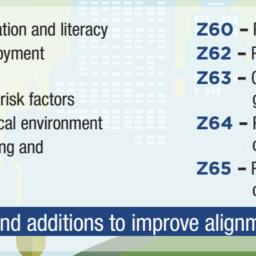
Charitable Pharmacies of America organization member receives Health Equity grant

How is a charitable pharmacy different from other types of pharmacies?
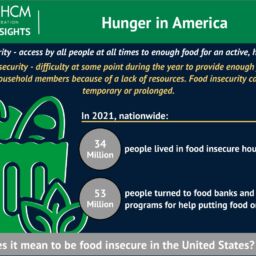
More than 34 million people in the United States were living in food insecure households in 2021, a decline from 38 million in 2020. The combination of the expanded child tax credit, Supplemental Nutrition Assistance Program benefits, and private donations all contributed to reducing food insecurity during the pandemic. Still there is much more work to be done, with food costs spiking 11.4%, the largest annual increase since 1979, inflation factors could easily cause food insecurity to grow.
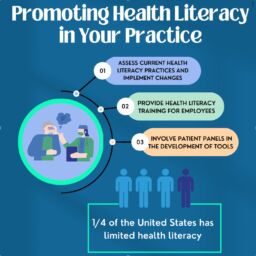
Around one fourth of the United States population does not have adequate health literacy.
Health literacy is defined as the ability to obtain, read, understand, and apply healthcare
information
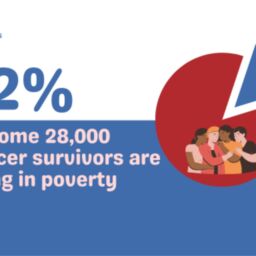
An opportunity for charitable pharmacies to collaborate with oncology practices for non-oncology medications during and after treatment.
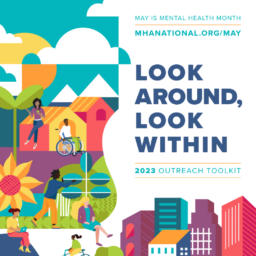
This toolkit, comprised of fact sheets, worksheets, sample communications materials, and sample social media is designed to help aid how you support your own mental health journey, along with your community’s.

The five most recent states to expand the scope of reimbursement for pharmacists are Maryland, Missouri, North Dakota, Virginia and Wyoming

Significant improvement in glycemic control among participants demonstrates the substantial impact that pharmacies partnered with charitable medication distributors such as the Dispensary of Hope can have on individuals with insulin-treated T2D

Starting Sept. 25, Americans can again order free COVID-19 tests through the federal government.

How a ‘weighted lottery’ helped underserved patients get a scarce Covid drug
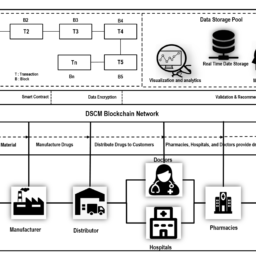
FDA approves 1 Year delay of Track & Trace requirements
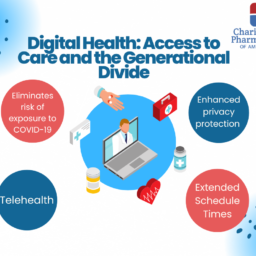
Just as banks have helped seniors bridge the digital divide and leverage online banking to better manage their money, healthcare organizations need to help older adults leverage digital technology to better manage their health.

Uninsured adults and those in worse health continue to report higher rates of not getting care due to costs

